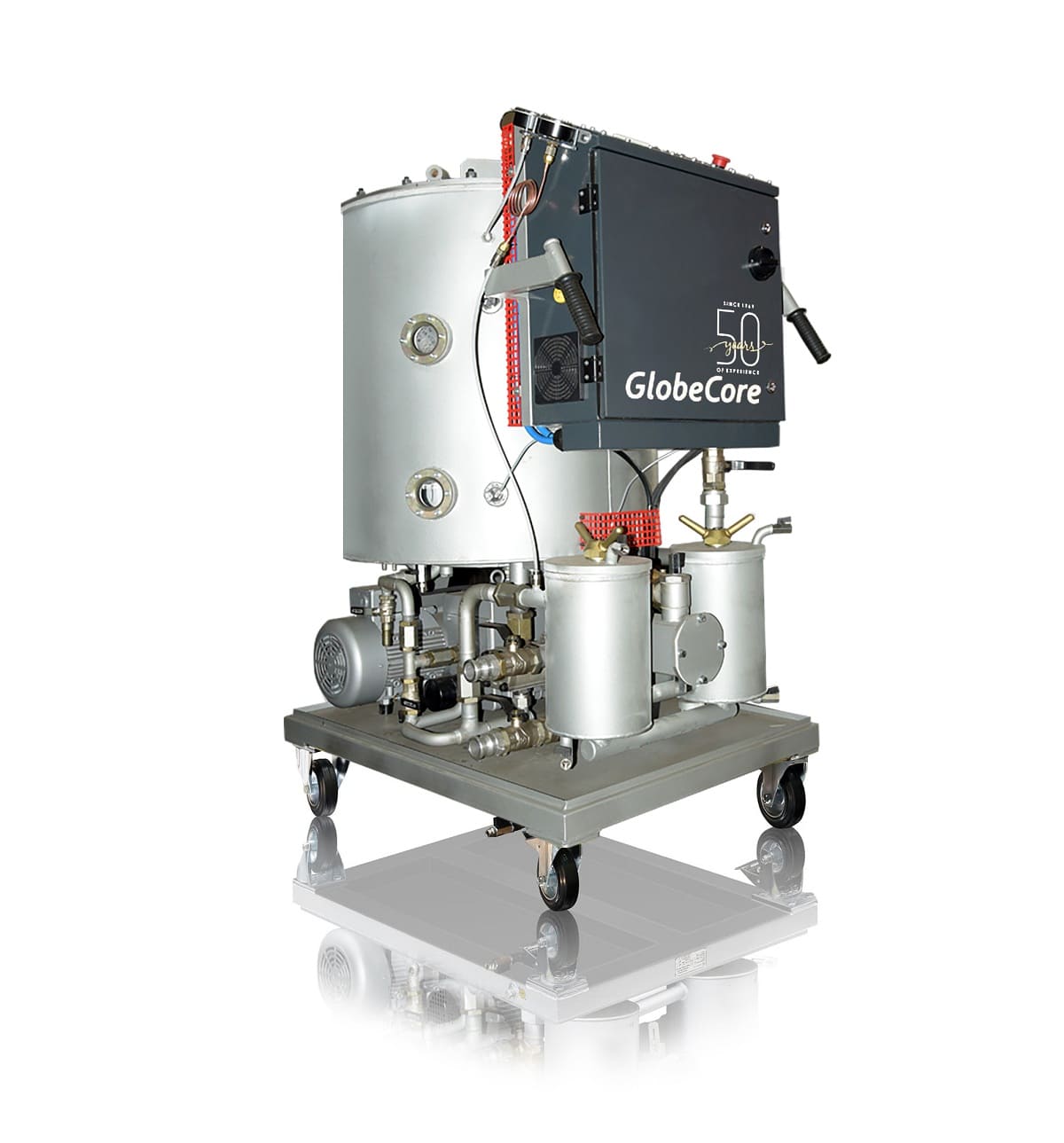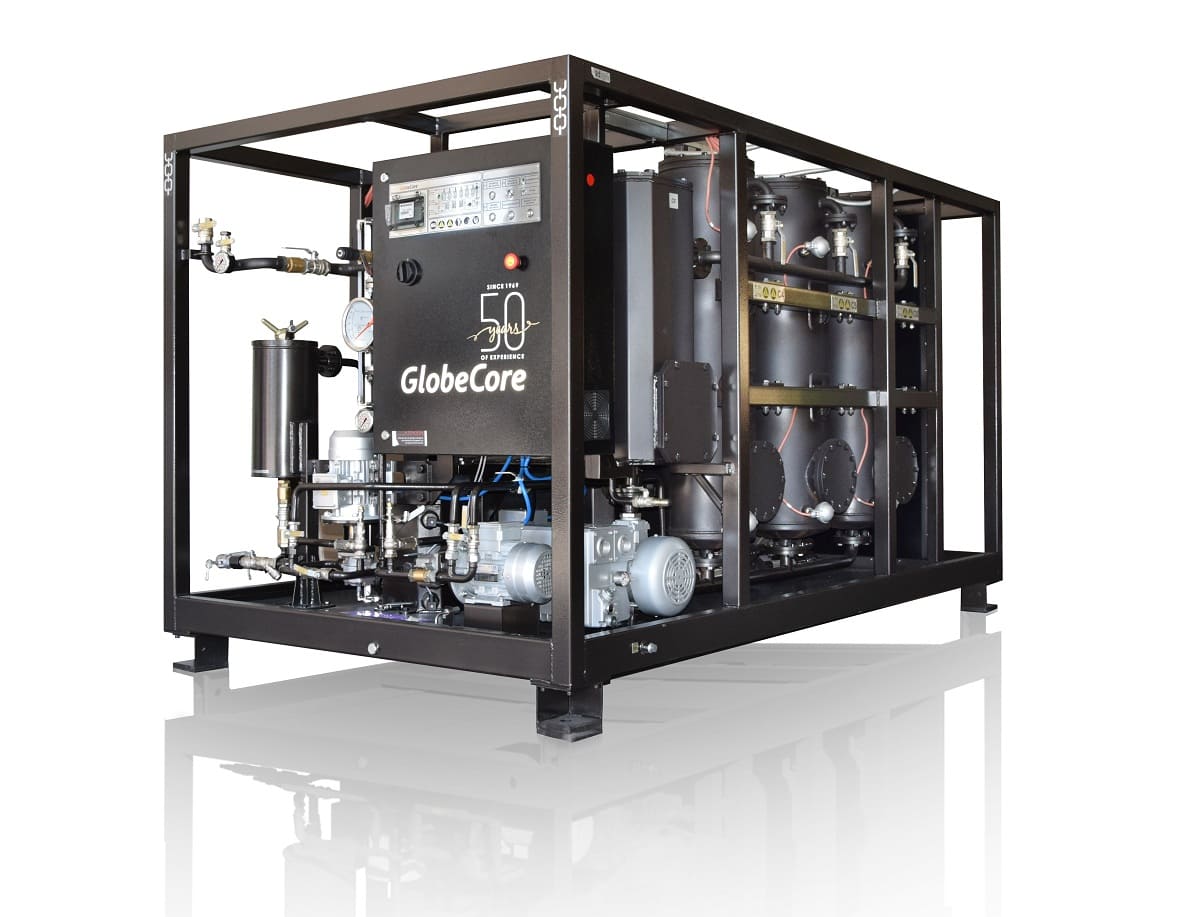What factors influence the Hydraulic Oil Viscosity, and how does it affect hydraulic system performance?
- Este tópico contém 1 resposta, 2 utilizadores e foi actualizado pela última vez há 1 ano, 2 meses por .
Answers
-
Outubro 4, 2024 às 12:31 pm by James Shepherd
Hydraulic oil viscosity is influenced by temperature, oil composition, and the presence of additives. As temperature increases, viscosity typically decreases, making the oil thinner, while lower temperatures cause it to thicken. The base oil type, whether mineral-based or synthetic, also plays a significant role, with synthetic oils often maintaining more stable viscosity across temperature ranges. Additives such as viscosity index improvers help stabilize viscosity under varying conditions. Viscosity directly affects hydraulic system performance by influencing flow rates, lubrication efficiency, and energy consumption. Proper viscosity ensures optimal lubrication of moving parts, reducing wear and tear, and facilitating smooth operation. If viscosity is too low, it can lead to inadequate lubrication and increased wear, whereas excessive viscosity can cause sluggish movement, increased energy usage, and potential system inefficiencies. Maintaining appropriate viscosity is crucial for reliable and efficient hydraulic system performance.



